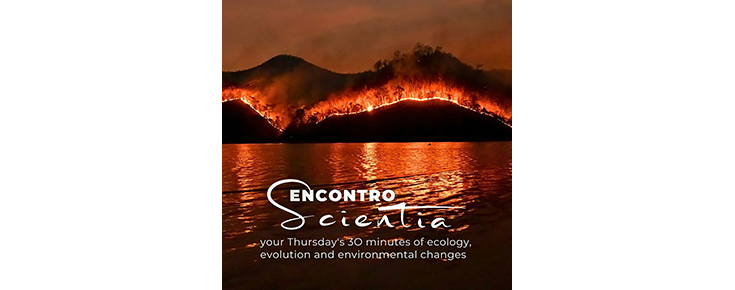
Por Joana Parente (cE3c - Environmental Stress & Functional Ecology).
Fires can change vegetation cover and soil properties, often enhancing surface runoff and sediment transport processes. The ash produced can also be mobilized and contaminate downstream water bodies with fine sediments, heavy metals, nutrients, and organic carbons. Moreover, mobilized ashes can deposit in streams and reservoir beds and be resuspended for years after the fire, prolonging the disruption of urban supplies in time. Forest and water managers can take some steps to manage these risks, including preventive forest management planning and contingency planning for emergency interventions in the burnt areas themselves and at the treatment plants. However, the variables to quantify these risks are generally poorly quantified in most fire-prone watersheds.
In the project FRISCO, we tried to assess the issues surrounding the assessment of the post-fire risk of water quality contamination in Portugal. This presentation will provide an overview of the main outputs of FRISCO liked: (i) what are the most important fire and post-fire conditions leading to fire-induced water contamination events; (ii) an index of risk of water contamination. This project provides a blueprint for how several issues about water contamination can be addressed by water managers in fire-prone watersheds.
Transmissão via Zoom (pw: scientia).

